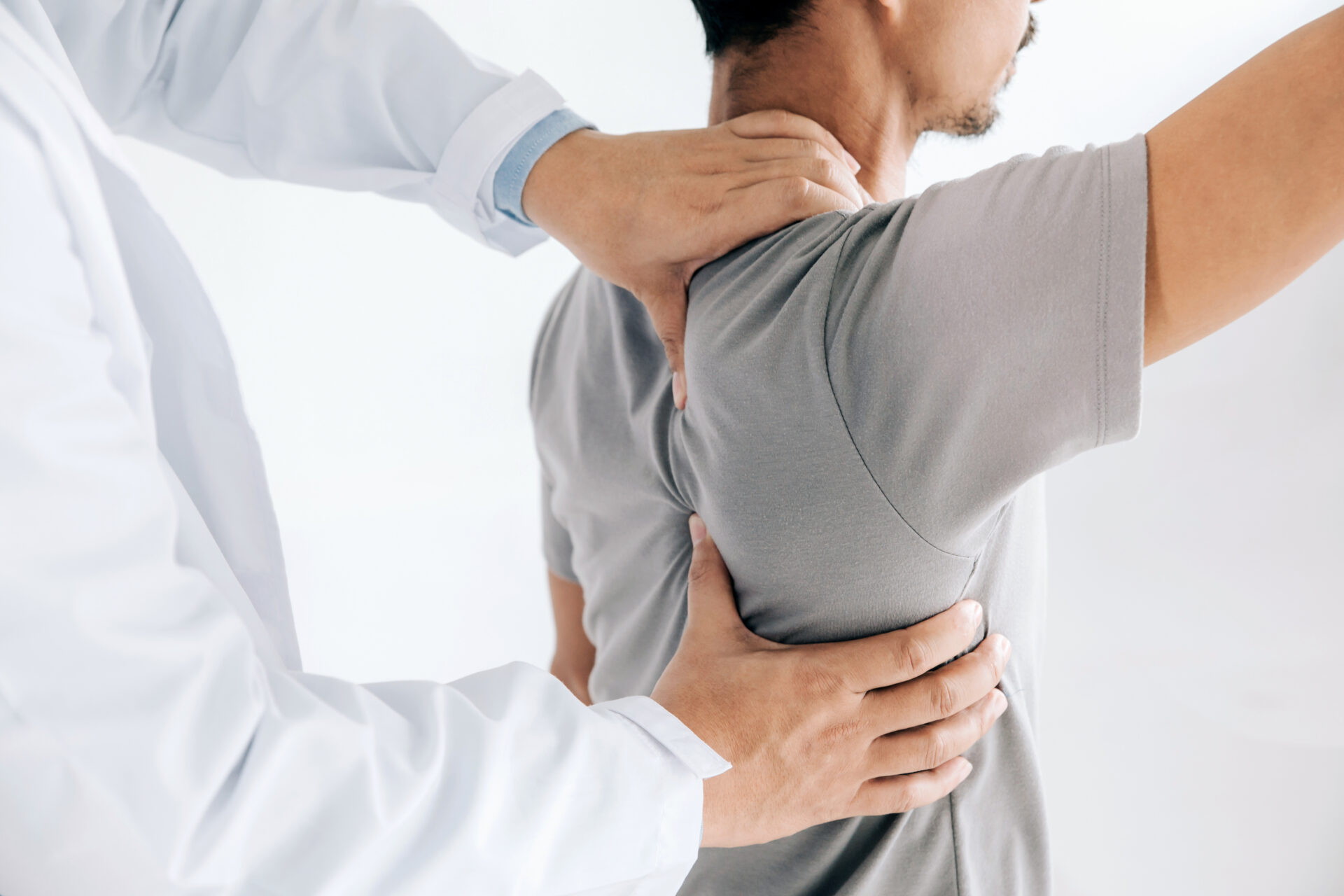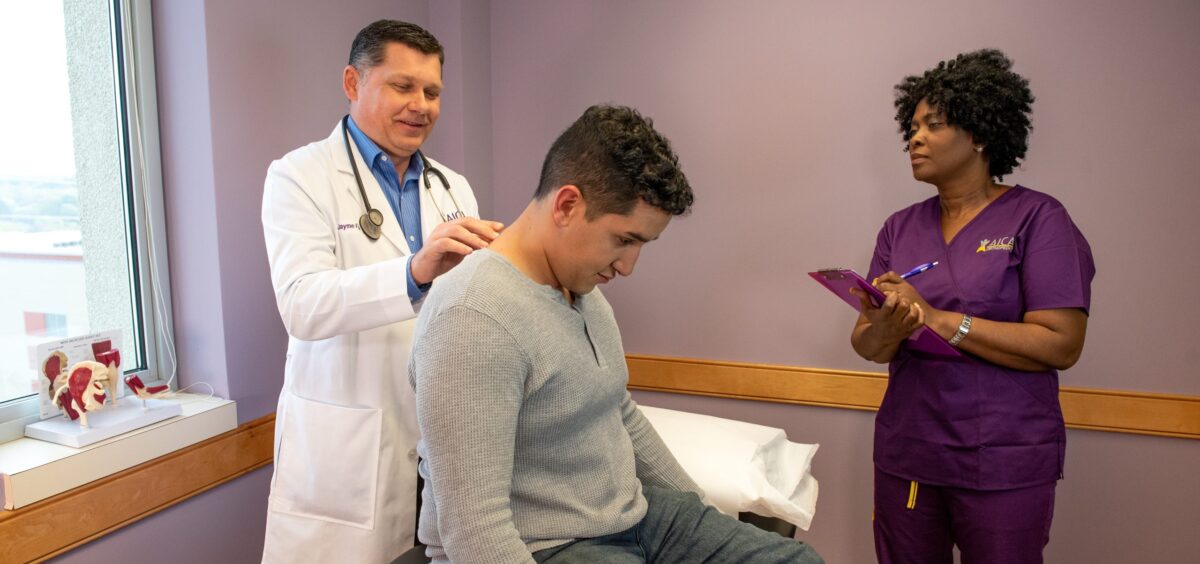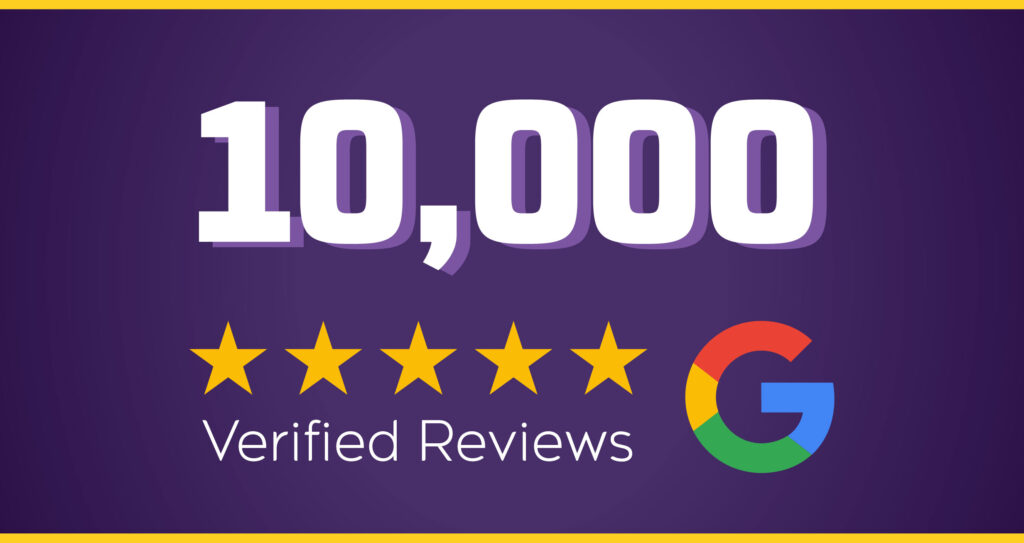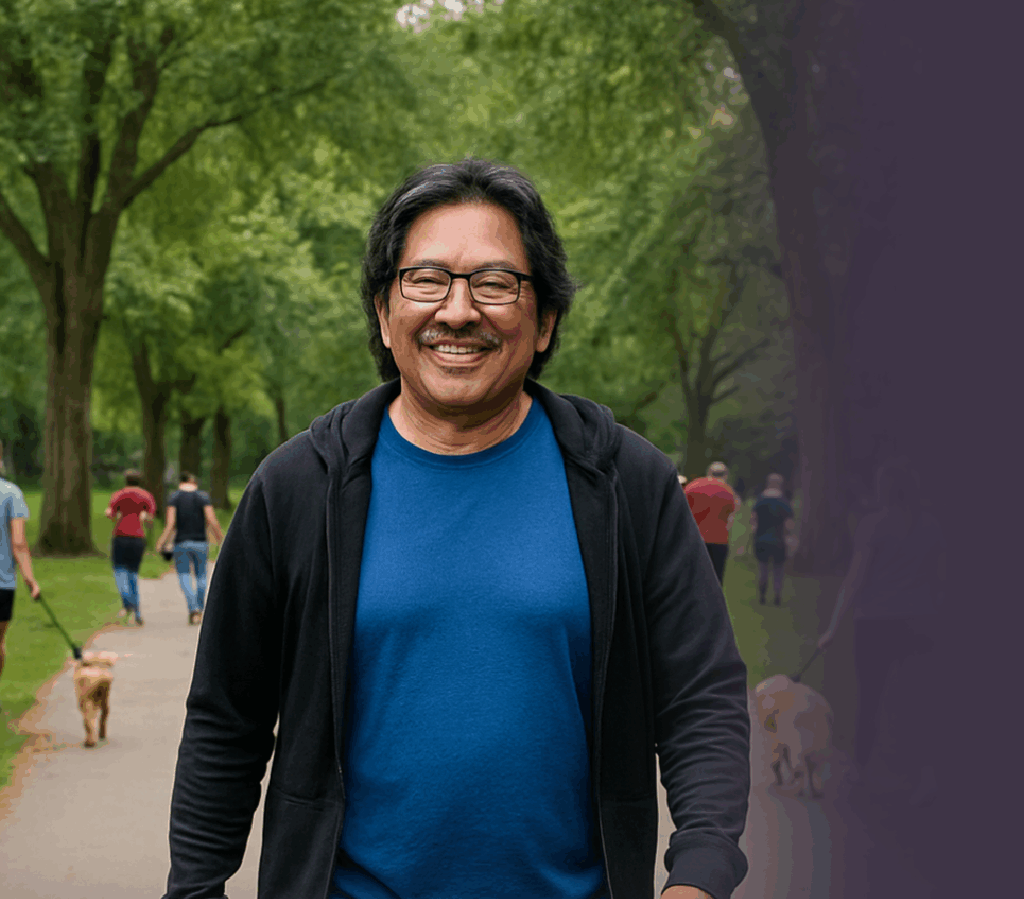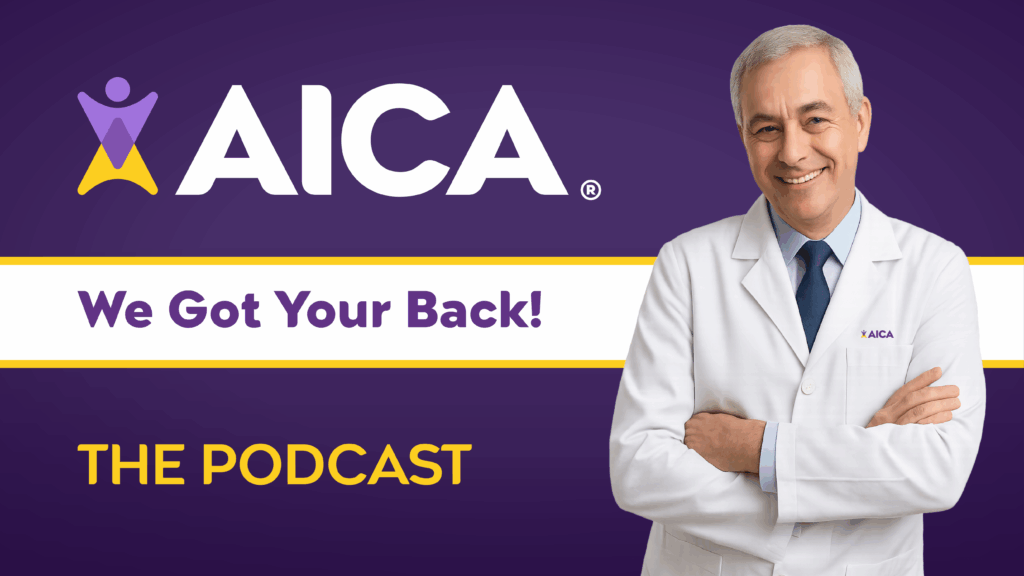AICA Orthopedics
Torn Rotator Cuff
The rotator cuff is a collection of tendons and muscles that connect to the shoulder bone. The rotator cuff muscles help with lifting movements of the shoulder, offer stability, and support day-to-day mechanical movement of the shoulder. When the rotator cuff becomes damaged, such as with a tear, the shoulder’s movements and capabilities can become severely limited and the associated pain can be excruciating.
Rotator cuff tears are prominent among people of all ages and over 200,000 people throughout the United States require medical treatment each year. Most tears cause significant pain and depending on the extent of the injury, it can prevent patients from performing basic activities or following through with their responsibilities.
Contact us today at AICA Orthopedics if you may have a torn rotator cuff or are experiencing pain, discomfort, or reduced mobility in the shoulder area.
If you are experiencing pain on the top of your shoulder and/or on your arm as low as the elbow, these symptoms may be indicating a torn rotator cuff. Common imaging methods for identifying a torn rotator cuff include MRIs, x-rays, and ultrasounds.
Treating most cases of a torn rotator cuff is done non-surgically through medication (anti-inflammatory), physical therapy, steroid injections and more depending on the severity of the tear. A combination of doctors, like our shoulder specialists at AICA, will help to properly diagnose a torn rotator cuff, the severity of the tear, and in providing the most accurate and effective treatment for your case.
Contact our friendly and experienced team at AICA Orthopedics to learn more about torn rotator cuffs and treatment solutions for your situation.

